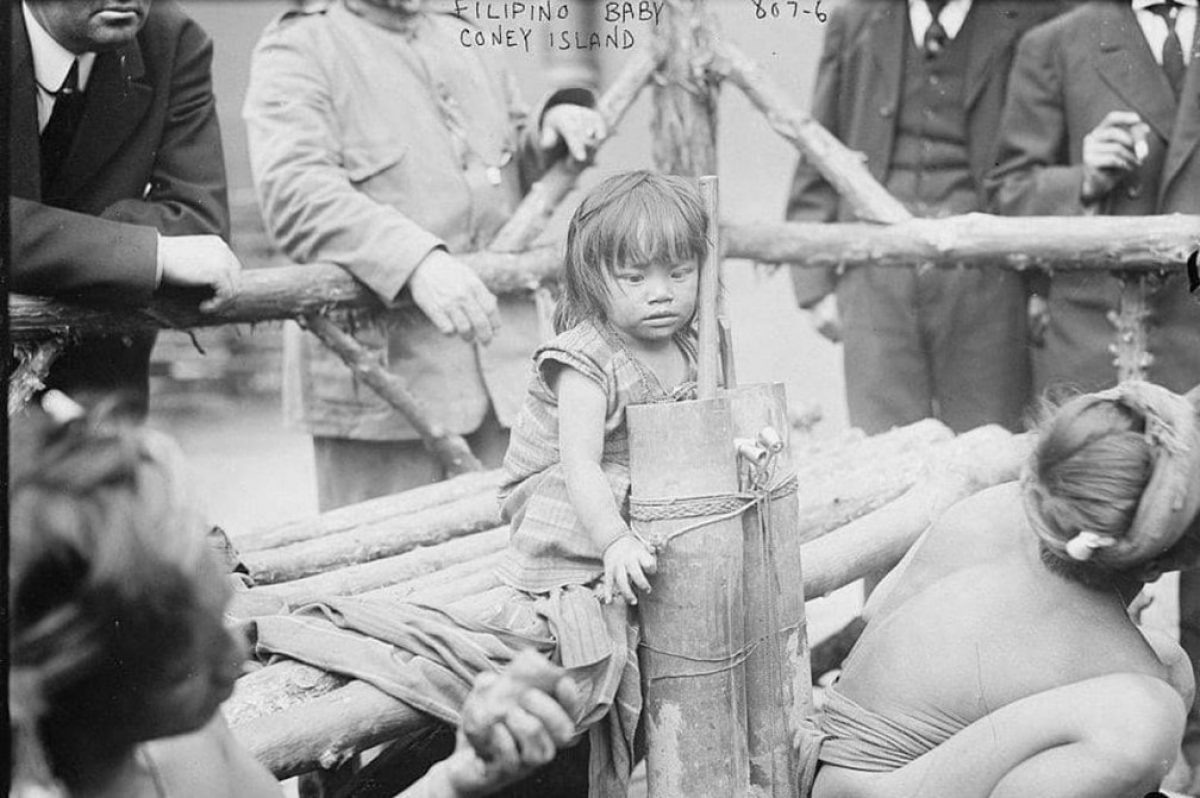Oct. 20, 2012 – If one is to look at Ayala Ave. Makati Ave. and Buendia (Now G. Puyat Ave.) in Makati, Philippines, it forms a triangle, typical of an airfield. In fact it was the old Nielsen Airfield.
Joseph R. McMicking was the “guiding light in the development of Makati” yet roads, bridges, towns and airports are named after quislings, traitors, oligarchs and their children, not one street or building was named after McMicking in Makati or Metro Manila!
MacArthur the great liberator of the Philippines was a wee bit luckier with MacArthur highway and MacArthur bridge. And let us not forget Roxas’ presidential decree that MacArthur’s name “will forever be on Philippine army rosters.” Wow! That’s it?
Excerpt from a WAIS post:
“In response to Miles’s post of 29 September, I am interested to know more why MacArthur was very much disliked by his troops, because in the Philippines he is worshiped, especially by the oligarchs who continue to enjoy their ill-gotten wealth.
The oligarchs and politicians served the Japanese as soon as Japan took over, something MacArthur ignored when he ordered them released from jail and put back in power. Perhaps MacArthur assumed Roxas and the treacherous collaborating quislings would return the favor by asking him to be the Special Assistant to the president. He seriously underestimated how ambitious Filipino politicians and oligarchs are. At any rate, Manuel Roxas died of a heart attack while having lunch at the Clark Airbase some two and a half months after signing Proclamation No. 51, s. 1948 granting amnesty to collaborators:
See: http://www.gov.ph/1948/01/28/proclamation-no-51-2/
Since Manuel Roxas was not included in the list of suspected collaborators, he could not be included in the amnesty. Therefore he died as an uncharged, suspected collaborator and as the Philippines’ president (OIP– Only in the Philippines).
My question concerns Article II of the Japanese constitution, the renunciation of war and the present tension between China and Japan. What was MacArthur’s influence on the Japanese renunciation of war? Does the Japanese constitution or the terms of surrender ending World War II on Sept. 1945 prevent Japan from coming to the aid of the Philippines against Chinese aggression in the Spratlys, another oil, gas and mineral-rich group of islands?
Or because of the way Japan’s constitution was drafted after WWII, the US is the only world power who should intervene in Southeast Asia?
From: MacArthur`s Image in the Philippines (Bienvenido Macario, USA) Sun, Sep 30, 2012 at 4:49 AM http://waisworld.org/go.jsp?id=02a&objectType=post&o=72339&objectTypeId=64953&topicId=17Aquino I taken into custody 09-22-1945
